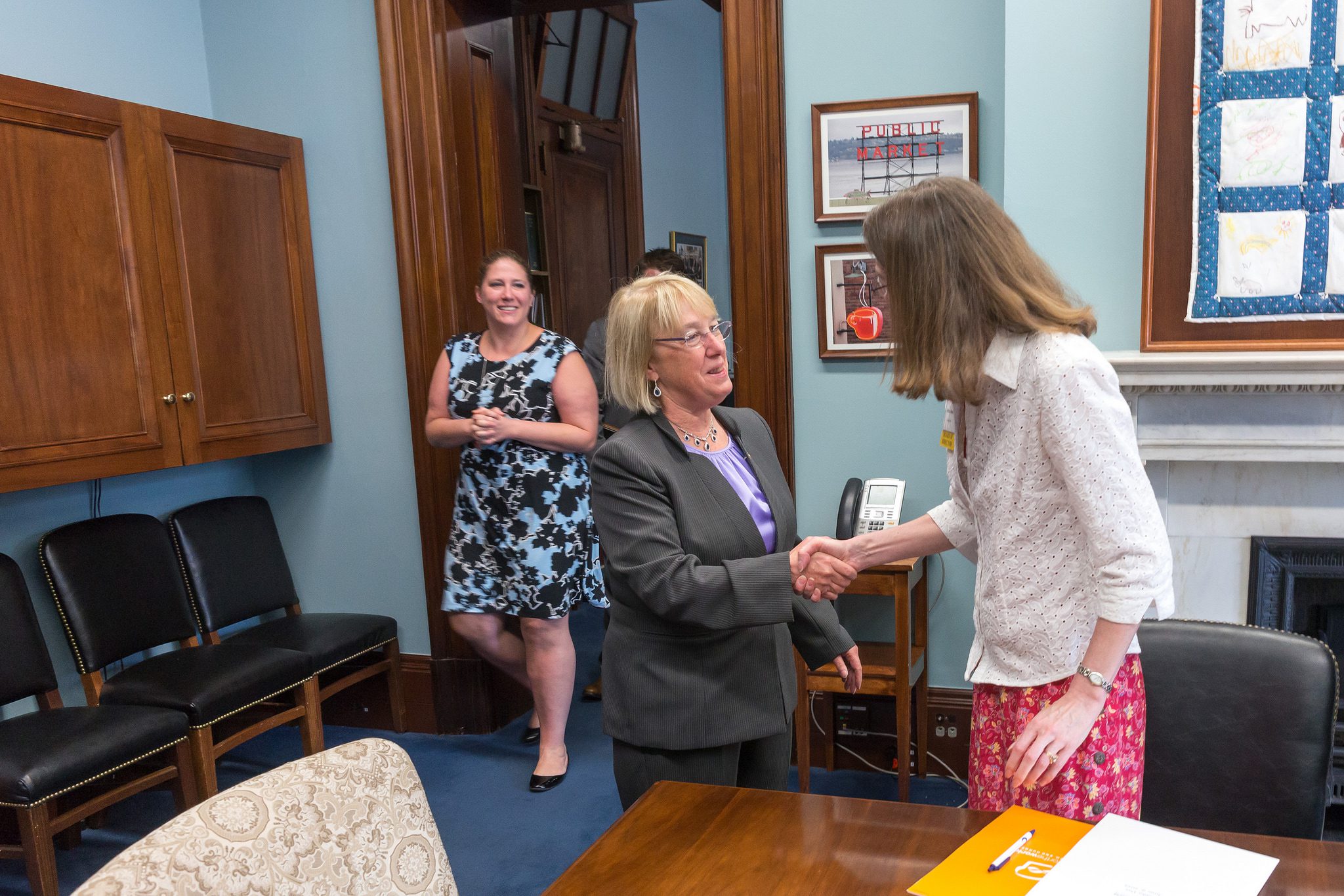Washington, D.C.– The Alliance to End Hunger and Bread for the World commend the National Commission on Hunger on the recent release of its report, Freedom from Hunger: An Achievable Goal for the United States of America. The commission’s report represents the first time in decades there has been focused, bipartisan attention on policy solutions for ending hunger.
“This report is an historic accomplishment,” said Rev. David Beckmann, president of Bread for the World. “We support many of the recommendations, especially those designed to improve what the commission identifies as the most important federal nutrition program, the Supplemental Nutrition Assistance Program (formerly called food stamps).”
The Hunger Commission is a ten-member bipartisan panel appointed by the House and Senate leaders. It was established by law in 2014 to provide Congress and the Secretary of Agriculture with policy recommendations on how to more effectively use the USDA’s existing programs and resources to combat domestic hunger and food insecurity in the United States.
“We thank the commissioners for sharing their time, expertise, and commitment to ending hunger,” said Ambassador Tony Hall, executive director emeritus of the Alliance to End Hunger. “Unanimous bipartisan recommendations are a rarity in Washington, and the fact that the commissioners developed 20 specific recommendations for their report is laudable.”
While the majority of the commission’s recommendations focus on strengthening the current federal food programs, they also include a call for the establishment of a White House Leadership Council to End Hunger. Recommending the establishment of a new White House Council is an acknowledgement that ending hunger also will require focused actions to address its root causes.
The Alliance to End Hunger and Bread for the World support the creation of an interagency effort that would address food insecurity in a broader and more holistic way. They also support the commission’s call for involvement of other partners – faith-based organizations, secular anti-hunger groups, individuals, businesses, and the philanthropic sector – to end hunger.
In general, Bread and the Alliance believe that the commission’s work is a major step forward in an effort to create substantive bipartisan policy solutions focused on ending hunger in the U.S.



